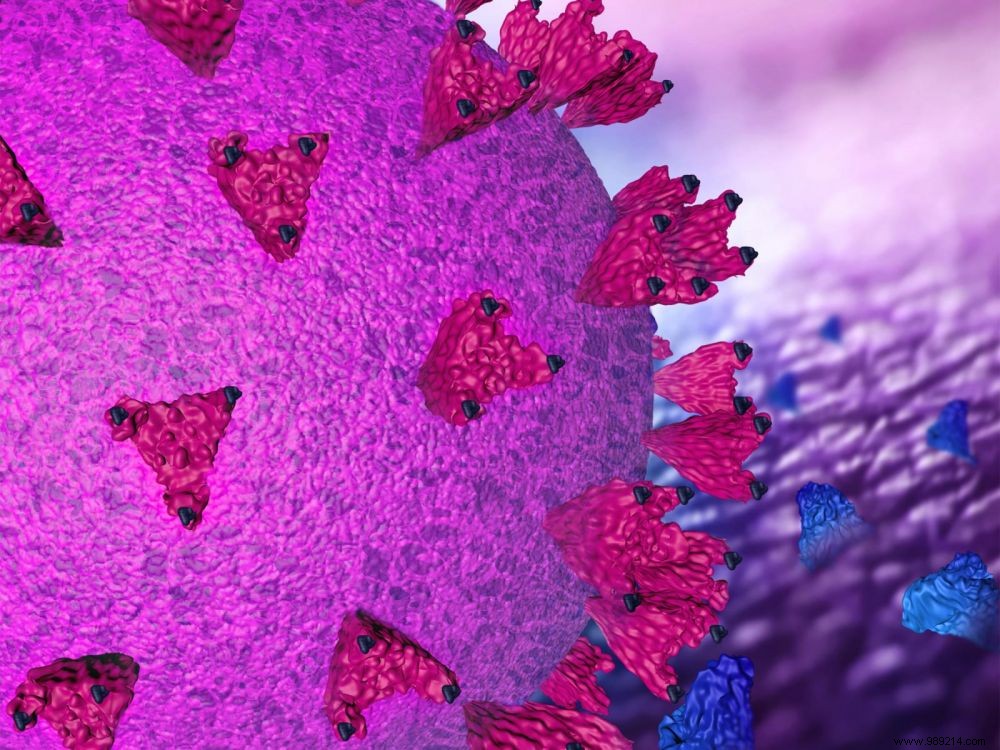There is currently no treatment or vaccine for the SARS-CoV-2 coronavirus. Nevertheless, German researchers have recently identified a "sybody" capable of neutralizing the virus in the laboratory. This synthetic mini antibody would be promising in the development of an effective treatment.
Since the start of the Covid-19 pandemic, research has been in full swing. Many research units and laboratories are looking for a treatment and/or a vaccine to curb the epidemic. In their work published in the journal Nature Communications on November 4, 2020, researchers from the European Molecular Biology Laboratory (EMBL) in Hamburg (Germany) mentioned a potential solution. The study authors mentioned a "sybody", a small synthetic antibody having the ability to neutralize the coronavirus in the laboratory.
Remember that SARS-CoV-2 uses the ACE2 receptor in human cells to enter the body. The key to the virus is none other than the Receptor binding domain (RBD) surface protein. In theory, the solution seems rather simple:find a product that can bind more to RBD than to the ACE2 receptor. Thus, access to the latter would be blocked, as would the infection. Antibodies are therefore currently a promising option in several clinical trials. Produced by white blood cells, their mission is to neutralize the invader.
Unfortunately, previous studies on recovering patients believe that not all antibodies are created equal. Moreover, producing these neutralizing antibodies as a medicine is very expensive and a complex process. EMBL researchers then conducted the investigation from the "nanobody" side. These are mini antibodies, particularly present in camels and llamas . The authors of the study indicate that other research has already shown that nanobodies can inhibit the binding of RBD to ACE2, and therefore neutralize the virus.
However, the ideal nanobody was yet to be discovered. In general, nanobodies are isolated from immunized camelids. On the other hand, today there are libraries of nanobodies synthetics (or sybodies) allowing faster and more economical selection. However, the researchers say they have found a candidate in one of these databases.

Study directors first tested the ability of each of the sybodies to bind to the RBD. Out of 85 sybodies, the number 23 (Sb23) showed stability and some efficacy. In all, the researchers tested 36 sybodies and 11 of them were able to neutralize the coronavirus. It was actually a fake virus, made from a harmless lentivirus associated with RBD. Again, Sb23 stood out by binding to RBD very effectively . Additionally, this result is the same regardless of whether the RBD is in "arm up" or "arm down" mode, binding or disallowed modes.
The process in question took only three weeks . However, the usual method on llamas or dromedaries would have required at least six weeks, and this, only with regard to the stage of immunization of the animals. In all, the process would have taken at least four months. The next step for researchers will be to verify the effectiveness of Sb23 in humans.